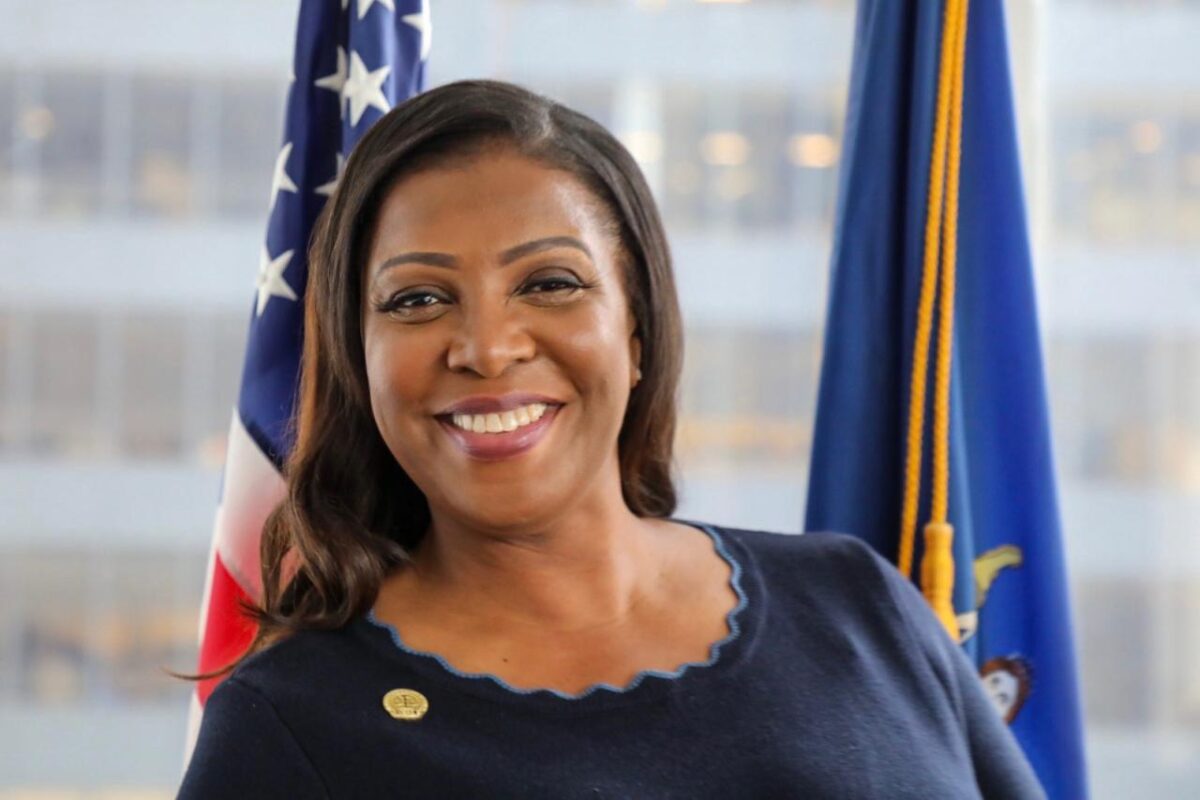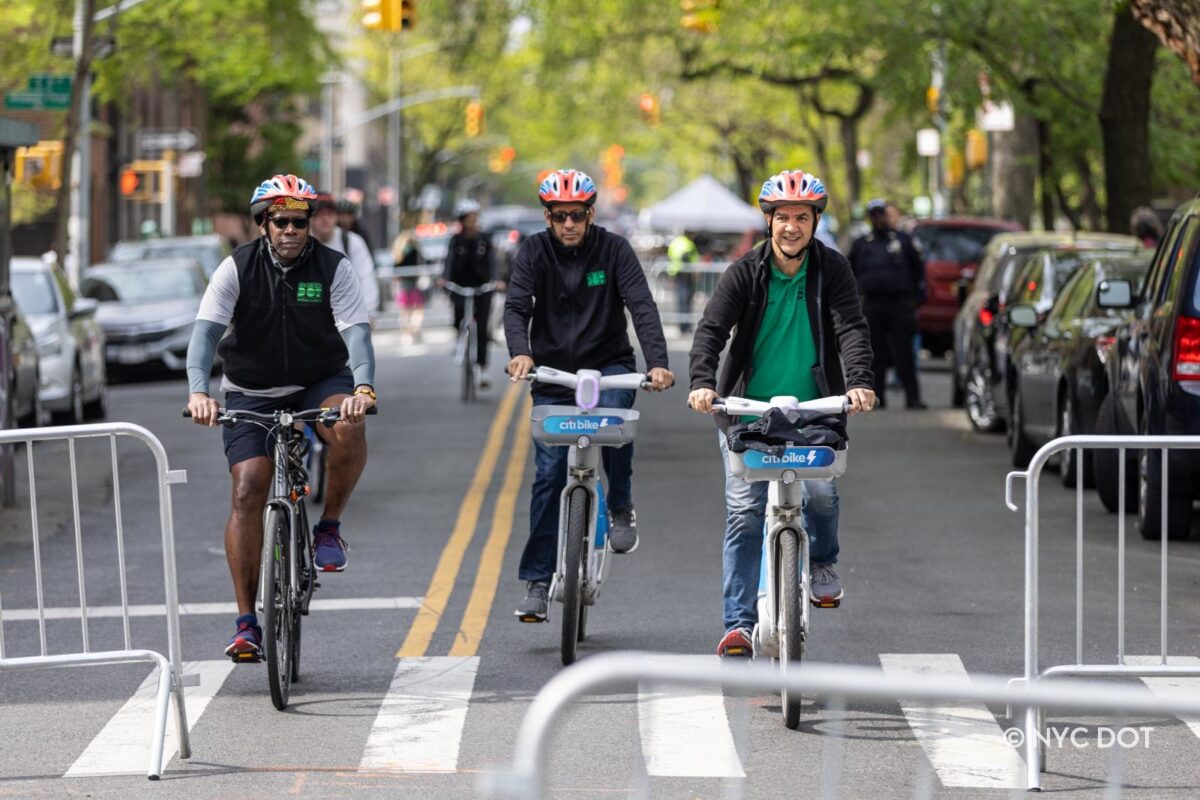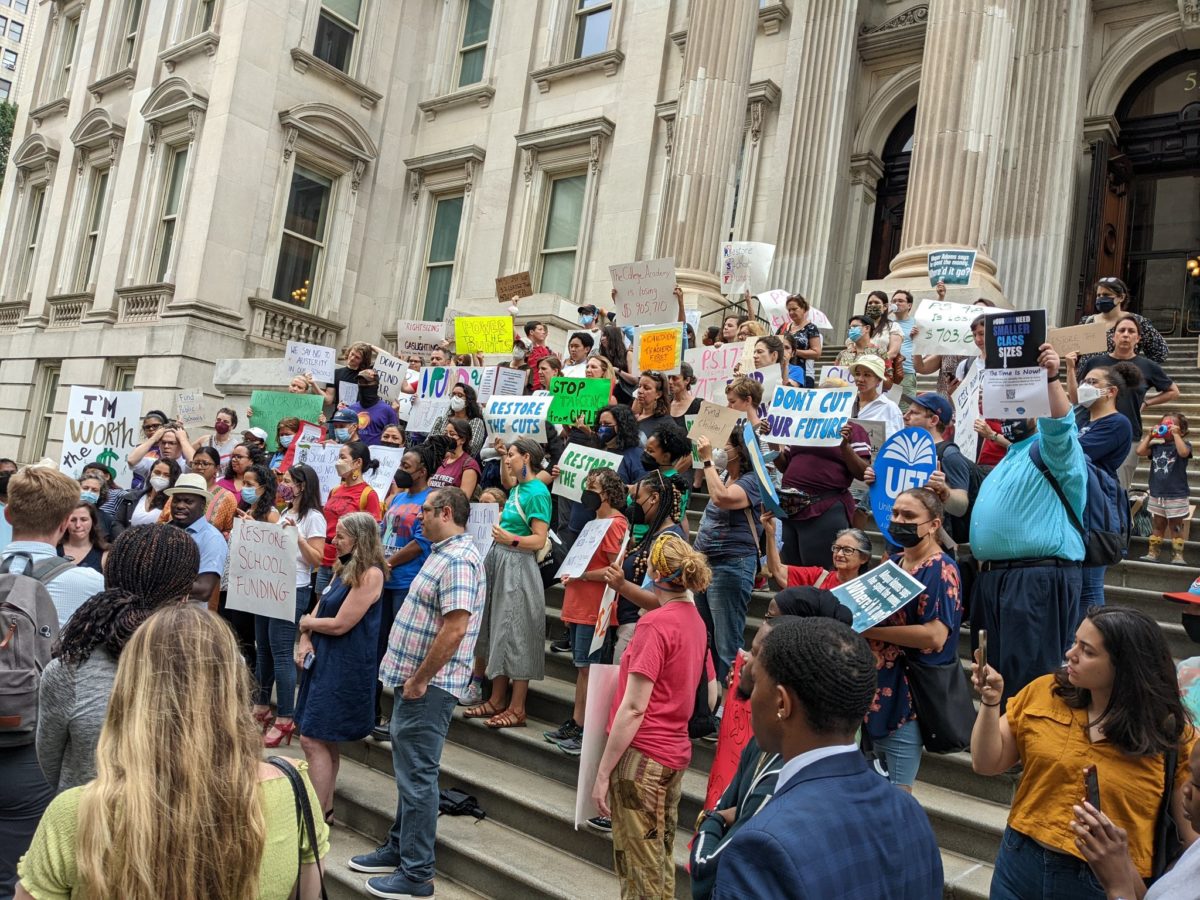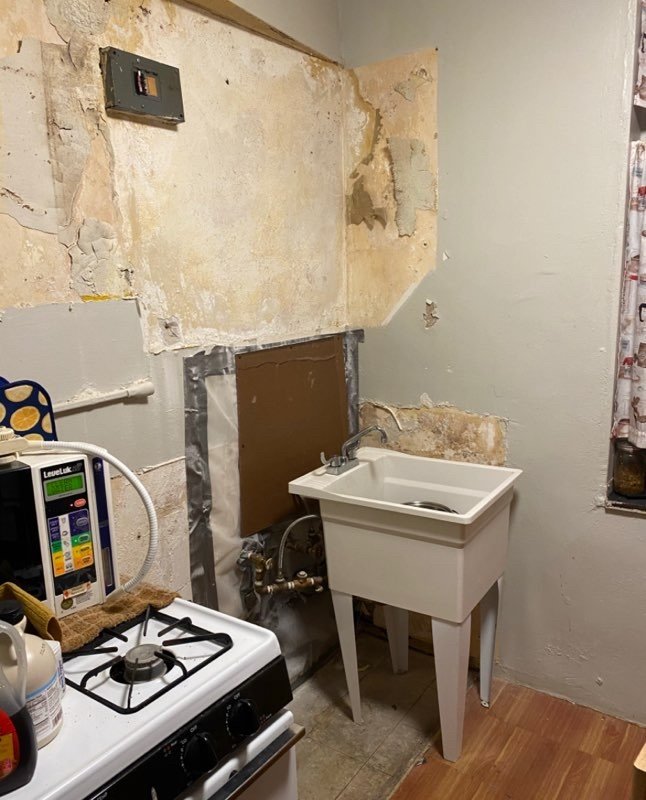News Briefs (March 7)
Attorney General James Sues Large-Scale Predatory Lending Operation Targeting Small Businesses
New York Attorney General Letitia James filed a lawsuit on Tuesday against major operation of over 40 companies and individuals, alleging they exploited small businesses through fraudulent loans with exhorbitantly high interest rates disguised as merchant cash advances. The parties being sued include Yellowstone Capital and its founder David Glass, Delta Bridge Funding, along with several other individuals involved in negotiating the loans.
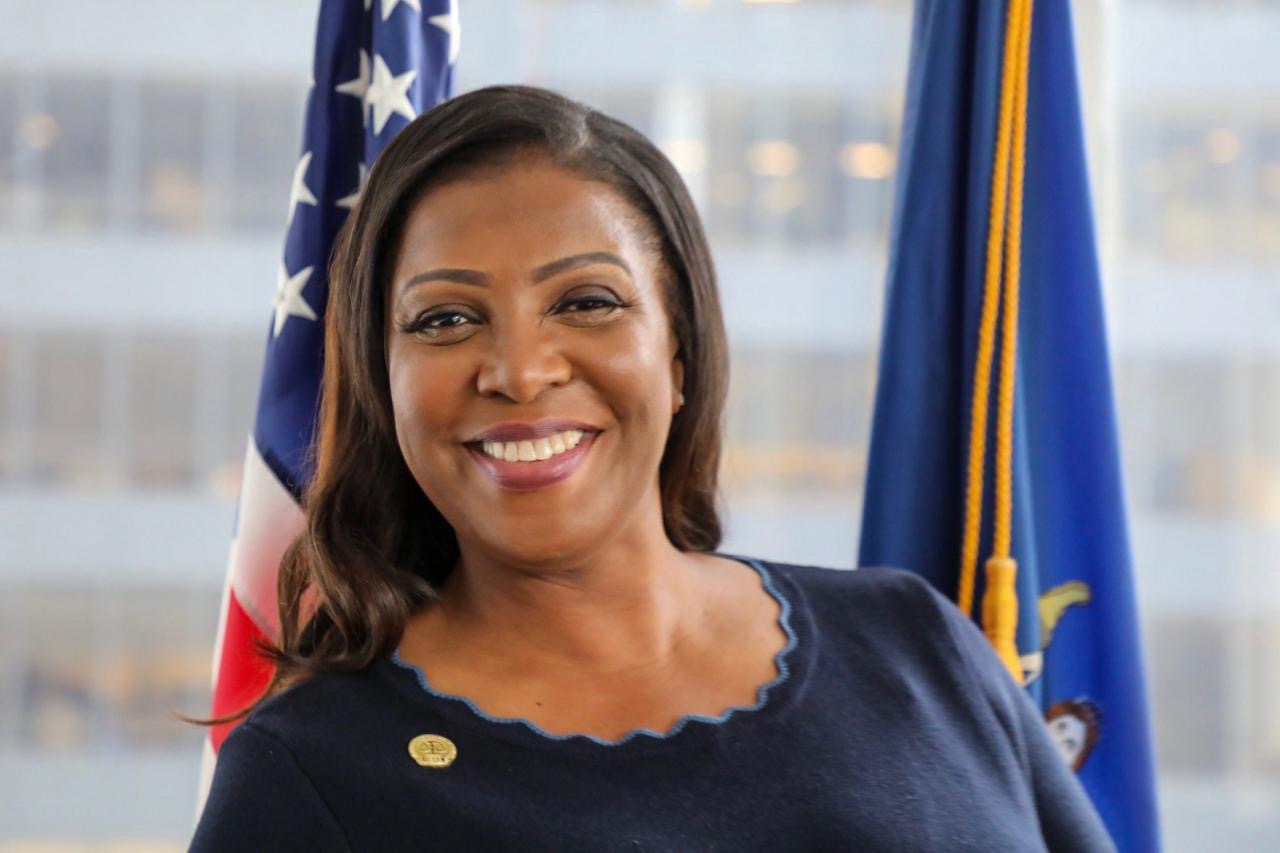
The Office of the Attorney General is seeking at least $1.4 billion in interest and fraudulent fees and a court order for the businesses to stop their illegal operations.
AG James alleges that Yellowstone Capital and other businesses used a string of different company names, meaning that each is part of the same predatory lending scheme. Yellowstone’s aliases include Fundry, Green Capital Funding, High Speed Capital, Capital Advance Services, and Delta Bridge.
City Bakery, a Manhattan restaurant in Union Square, is one of the impacted small businesses. The bakery, which once employed 30-50 full-time staffers, was forced to close in 2019 after facing skyrocketing debt to Yellowstone which required them to pay more than $2,000 per day.
“Small businesses are the foundation of our economy, and they face severe challenges without also having predatory lenders taking advantage of them,” said Attorney General James. “Yellowstone Capital, Delta Bridge, and the other companies pretended to offer a helping hand, but instead provided only illegal, ultra-high-interest loans. Numerous small business owners struggled because of the outrageous loans issued by Yellowstone Capital and other predatory lenders. My office will not allow any scheme to harm small businesses, their owners or employees, or the millions of New Yorkers who rely on them each and every day.”
Forest Hills to host monthly community cleanups on Metropolitan Avenue
A group of elected officials, local business owners, and nonprofit organizations announced on Tuesday a new collaborative series of monthly cleanups on Metropolitan Avenue in Forest Hills, set to take place from March until at least the end of the school year.
Included in the group are Metro Village of Forest Hills, Community Board 6, Assemblyman Andrew Hevesi, Council Member Lynn Schulman, Senator Joe Addabbo, the Forest Hills Green Team, and Forest Hills Stadium. This grouping formed at the culmination of a 2023 series of local cleanups organized by separate groups.
“Metro Village of Forest Hills is so grateful to be part of a neighborhood where community members, leaders, and elected officials are dedicated to working together to improve the community. We look forward to participating in this ongoing beautification project and are hopeful that community members of all ages will get involved, including my 5 year-old son, Jacob. We want the streets of Metropolitan Avenue to reflect the beauty inside the shops,” said Rachel Kellner, founder of Metro Village of Forest Hills.
The first cleanup is scheduled for Saturday, March 9 at 10 a.m. Volunteers will meet outside Aigner Chocolates at 103-02 Metropolitan Avenue in Forest Hills. For those looking for additional information, email metrovillagefh@gmail.com or contact the district offices of Assemblyman Hevesi, Council Member Schulman, or Senator Addabbo.
“Forest Hills Green Team looks forward to working with all our partners on this community clean up event series. Metropolitan Avenue is heavily traveled, so clean up efforts here are especially needed, and will have significant visual benefits for neighbors. It’s a good complement to our landscape planting and beautification project at the nearby LIRR overpass area nearby on Yellowstone Blvd,” said Dan Miner, co-chair of the Forest Hills Green Team.



